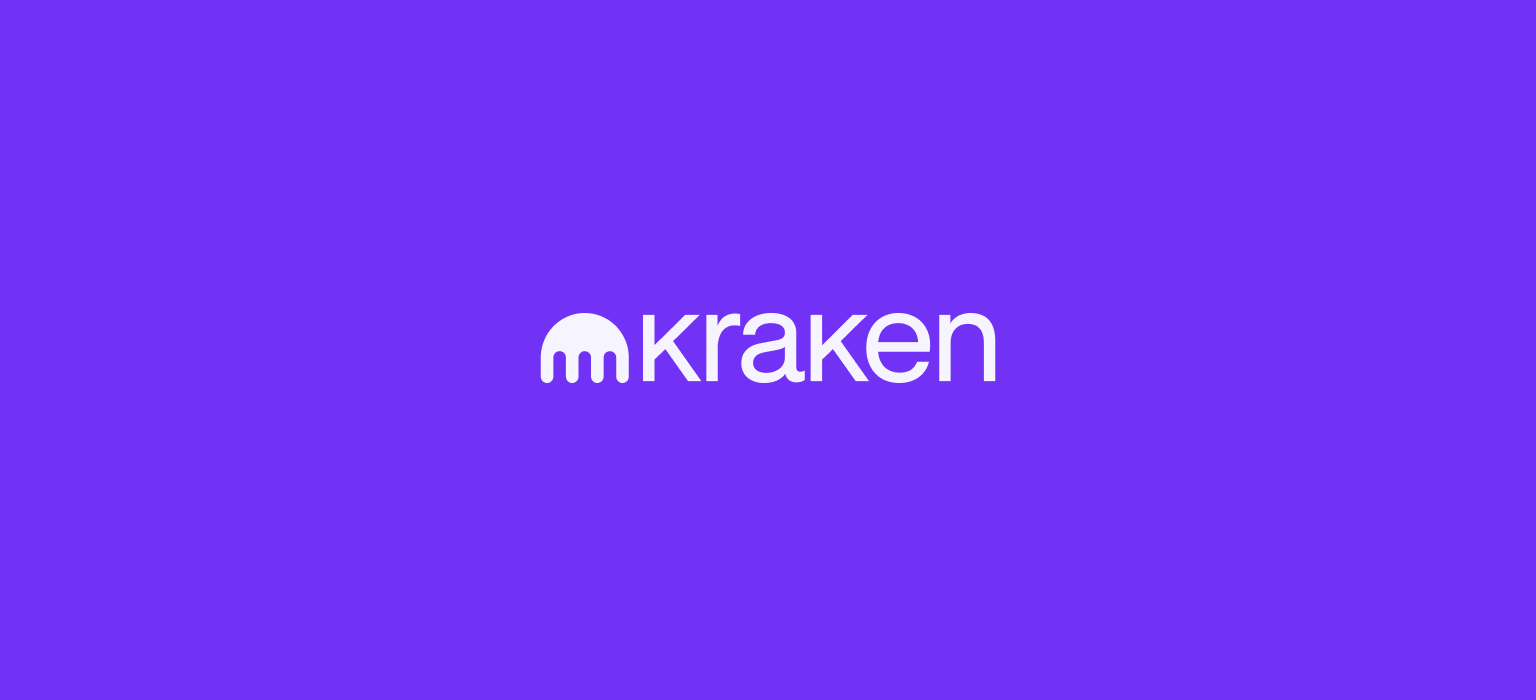Kraken continues to fight for its mission and cryptocurrency innovation in the United States.

The complaint against Kraken alleges no fraud, no market manipulation, no loss of customers due to hacking or security breaches, and no breach of fiduciary duty. Although this includes large sums of money, it does not claim that a single one of those dollars was missing or misused. There are no Ponzi schemes, no failure to maintain adequate reserves, and no failure to preserve the identity of customer funds on a 1:1 basis. In reality, none of this is probably true.
Instead, the complaint makes the technical argument that Kraken’s business requires a special securities license to operate because the digital assets we support are actually “investment contracts.” This is incorrect from a legal standpoint, false from a factual standpoint, and disastrous from a policy standpoint.
We disagree with the SEC and the law is on our side.
The SEC has already tried this theory, but the courts have roundly rejected it. In this case, the SEC argued that digital assets bought and sold on trading platforms were actually securities transactions. The federal court for the Southern District of New York disagreed, finding that the SEC failed to fully meet the relevant legal test. The court ruled that the SEC’s unprecedented legal theory ran counter to the “economic reality” of such transactions. The SEC’s lawsuit against Kraken will also be dismissed for the same reasons.
The SEC alleges that Kraken “mixed” its customers’ funds with its own funds. This is a similar claim already made by other cryptocurrency trading platforms. The SEC cannot and does not assert that customer funds are missing or have been lost. We also make no representations that any losses will occur. The complaint itself acknowledges that this so-called “mix” is nothing more than spending fees that Kraken has already earned.
The SEC famously claims that digital asset trading platforms like Kraken simply need to “come in and register” with the agency. As most securities law experts know, there is not a single piece of law that supports this position. The SEC has not set forth rules describing how orders for digital assets should be matched, guidelines for how trades should be cleared, or standards for how to broker digital asset trades. That claim is empty. There is no such thing as an exchange, broker dealer or clearinghouse for investment contracts. The SEC is demanding compliance with a regime that does not exist.
Congress is advancing bipartisan legislation.
Meanwhile, groups of lawmakers from both parties have questioned the SEC’s “regulation through enforcement” approach. They asked why the agency’s actions against crypto companies seemed less focused on “compliance and customer protection” and instead “calculated for maximum publicity and political impact.” Others pointed out that the SEC’s strategy “does not protect the public.” In reality, this lawsuit does nothing to protect the public. As with previous complaints, the claims are factually inaccurate, illegal, and a wrong way to establish policy in the United States.
Congress is advancing bipartisan legislation in both the House and Senate that would establish a clear registration and oversight framework for centralized trading platforms. Congressional action by elected lawmakers, rather than agency enforcement, is the right path to enacting new laws for centralized cryptocurrency trading platforms in the United States. As our global presence and diverse product offerings continue to expand, Kraken remains firmly committed to the United States. We will continue to protect our U.S. spot market businesses, customers, and community of innovators.
Some critics may argue that digital asset trading platforms simply do not want to be regulated, but this is not our position. In fact, Kraken has been in operation for over 10 years and holds registrations, licenses, approvals, and approvals all over the world, including developed and emerging markets, including the United States, United Kingdom, European Union, and Canada. We have consistently advocated for practical and effective rules for digital assets. Our testimony before Congress in May of this year emphasized Kraken’s commitment to strong, coordinated consumer protection and anti-money laundering practices in the United States.
Since the company’s founding in 2011, we have worked tirelessly to provide American consumers with secure access to evolving digital asset technologies. Creating a fairer and more inclusive financial system.. Comprehensive congressional action is the right way forward and could avoid the United States being sued as Crypto and Web3 advance globally.
We are committed to serving our customers and communities.
Kraken was founded in the United States in 2011. Since then, it has steadily grown into a diversified global digital asset business serving more than 10 million customers worldwide.
Thanks to our industry-leading customer support, intuitive customer experience, fast, reliable performance, and rigorous information security standards, we are consistently rated as one of the best places to buy and sell digital assets. We’ve also been ranked one of the best places to work in the world. We were recently certified by Newsweek as a “Best Place to Work” for our positive vision for the future, alignment of values, and collaborative environment.
Our mission is to accelerate cryptocurrency adoption so that everyone can achieve financial freedom and inclusion. Today’s news will not stop us from carrying out this mission. This will not affect the products we offer and we will continue to provide services to our customers without interruption. We are committed to doing what we believe is right for our customers and the community of cryptocurrency innovators.
These materials are provided for general information purposes only and are not investment advice or a recommendation or solicitation to buy, sell, stake or hold any cryptocurrency or to engage in any particular trading strategy. Kraken makes no effort to increase the value of the cryptocurrency you purchase. Cryptocurrency products and markets are unregulated, and you may not be protected by government compensation and/or regulatory protection schemes. The unpredictable nature of the cryptocurrency market may result in loss of funds. Taxes may be levied on the appreciation and/or reporting of your cryptocurrency assets and you should seek independent advice regarding your tax position. Geographic restrictions may apply.



